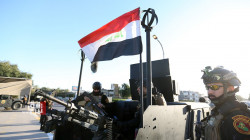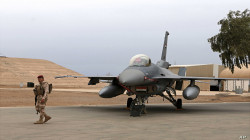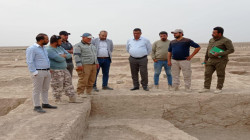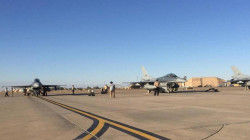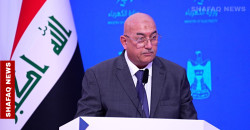Iraq's atomic energy authority declares two sites free of radioactive contamination
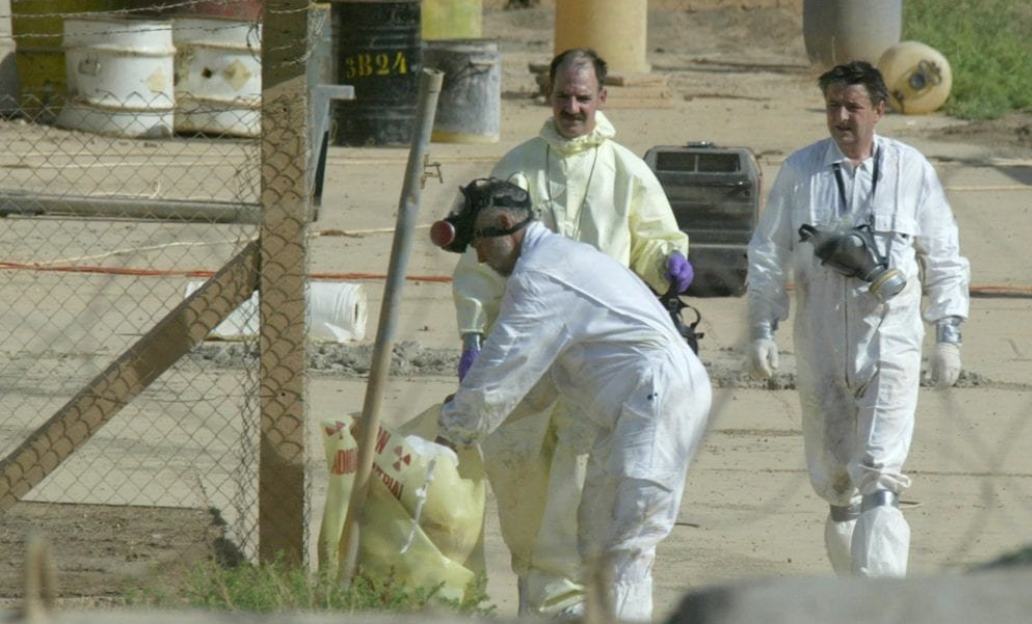
Shafaq News/ The Iraqi Atomic Energy Authority has announced that two sites in Iraq, Balad Air Base in Saladin and the Nahrawan site in Baghdad's Mada'in district, are now free of radioactive contamination.
The announcement was made by the agency's Chairman and Minister of Higher Education and Scientific Research, Naeem al-Aboudi, during a press conference attended by members of the cabinet earlier today, Tuesday.
Al-Aboudi explained that Iraqi experts were able to remove radioactive contaminants from the Balad Air Base and the Nahrawan site in a record time. He added that the work comes as part of a national plan to remove contaminants, noting that national monitoring teams conducted radiation surveys and concluded that the sites were completely free of contaminants. "The work was carried out in accordance with national and international standards and requirements," the Minister assured.
A study published in the journal Environmental Pollution in 2019 suggests there may be links between the use of depleted uranium weapons and birth defects in Nasiriyah, in Iraq.
A 2022 UN Environment Programme (UNEP) report said it was concerned about possible depleted uranium use in Ukraine, warning it can cause "skin irritation, kidney failure and increase the risks of cancer".
The UK Ministry of Defence (MoD) says depleted uranium missiles were developed by the US and UK in the 1970s.
They were first used in the Gulf War in 1991, and then in Kosovo in 1999, and during the Iraq War in 2003.
More than 300 DU-contaminated sites in Iraq have been identified by the Iraqi Ministry of the Environment Radiation Protection Center (RPC).
